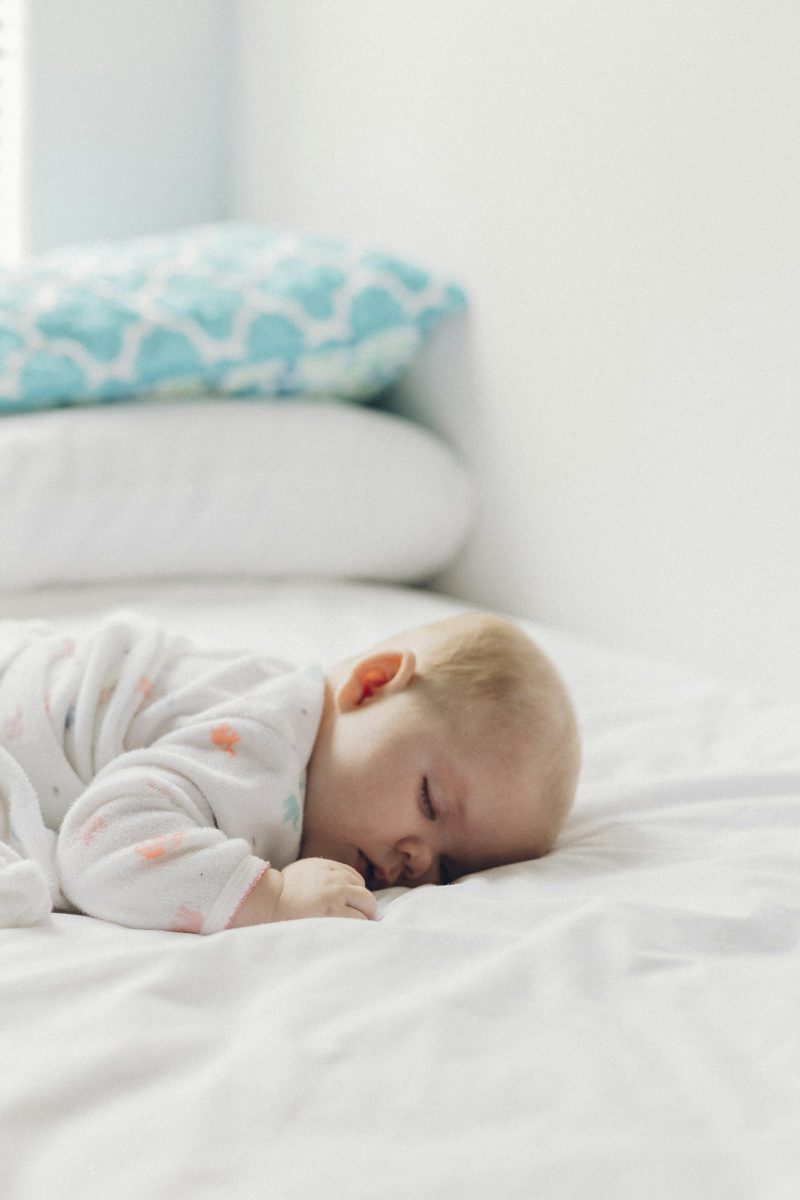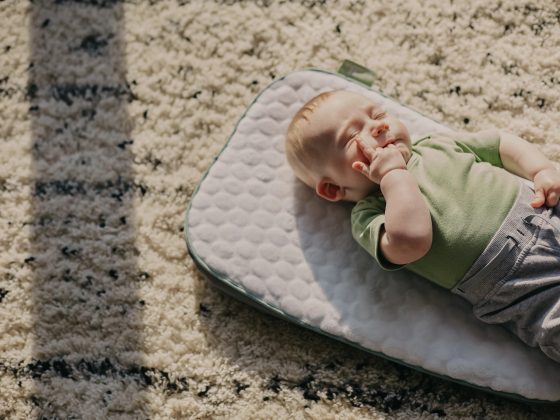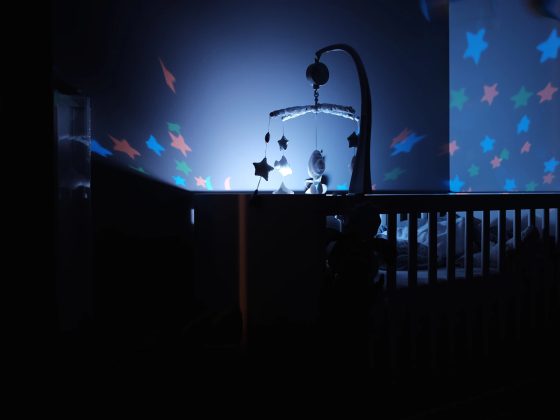As new parents, one of the most challenging aspects of caring for your baby is ensuring they get enough sleep. A well-rested baby is a happy baby, and establishing healthy sleep habits early on is crucial for their overall development and well-being. If you find yourself struggling to help your little one drift off into dreamland, fret not! We’ve compiled a list of expert tips to guide you through the journey of helping your baby sleep soundly through the night.
- Establish a Consistent Bedtime Routine: Consistency is key when it comes to helping your baby sleep. Establishing a soothing bedtime routine signals to your baby that it’s time to wind down and prepare for sleep. This could include activities such as a warm bath, gentle massage, bedtime story, or lullabies. Stick to the same sequence of events each night to help your baby establish a sense of predictability and security.
- Create a Calm and Relaxing Sleep Environment: A conducive sleep environment plays a significant role in promoting restful sleep for your baby. Ensure the room is dark, quiet, and comfortably cool. Consider using blackout curtains to block out any external light, white noise machines to drown out disruptive sounds, and a comfortable crib mattress with breathable bedding to keep your baby safe and snug.
- Watch for Sleep Cues: Babies often exhibit subtle signs when they’re tired and ready for sleep. Look out for yawning, rubbing eyes, or becoming fussy or clingy. By recognizing these sleep cues, you can help your baby settle down for a nap or bedtime before they become overtired, making it easier for them to fall asleep and stay asleep.
- Encourage Daytime Naps: While it may seem counterintuitive, ensuring your baby gets enough daytime sleep can actually help them sleep better at night. Aim for age-appropriate nap schedules based on your baby’s developmental stage, and provide a quiet, comfortable environment conducive to daytime rest. Avoid overstimulating activities close to naptime and establish a calming pre-nap routine to help your baby transition to sleep smoothly.
- Practice Safe Sleep Practices: Safety is paramount when it comes to your baby’s sleep environment. Follow the American Academy of Pediatrics (AAP) guidelines for safe sleep, which recommend placing your baby on their back to sleep, using a firm mattress with a fitted sheet, and avoiding soft bedding, crib bumpers, toys, and loose blankets. Additionally, ensure the crib is free from any potential hazards and placed away from cords, curtains, or other potential entanglement risks.
- Respond to Nighttime Wakings Promptly: It’s perfectly normal for babies to wake up periodically throughout the night, especially in the early months. When your baby wakes up crying or fussing, respond to their needs promptly with reassurance and comfort. Avoid engaging in stimulating activities or turning on bright lights, as this may disrupt your baby’s ability to settle back to sleep. Instead, provide gentle soothing techniques such as rocking, patting, or offering a pacifier to help them drift off again.
- Encourage Self-Soothing Skills: Teaching your baby to self-soothe is an essential skill that can promote independent sleep habits and reduce nighttime awakenings. While it’s natural to comfort your baby when they’re upset, gradually encourage them to learn how to fall asleep on their own by putting them down drowsy but awake. This allows them to develop the ability to soothe themselves back to sleep if they wake up during the night.
- Consider Dream Feeds: A dream feed involves gently feeding your baby while they’re still asleep, usually around midnight, to help them sleep for longer stretches through the night. This can be particularly helpful for younger babies who may still require nighttime feedings. Keep the feeding low-key and avoid stimulating your baby too much to prevent them from fully waking up.
- Monitor Room Temperature: Maintaining an optimal room temperature is essential for your baby’s comfort and safety during sleep. The ideal temperature for a baby’s room is typically between 68 to 72 degrees Fahrenheit (20 to 22 degrees Celsius). Use a room thermometer to monitor the temperature and adjust bedding or clothing as needed to ensure your baby stays comfortably warm without overheating.
- Seek Support When Needed: Parenting a newborn can be challenging, especially when it comes to sleep. Don’t hesitate to reach out for support from friends, family, or healthcare professionals if you’re feeling overwhelmed or unsure about how to help your baby sleep. Joining parent support groups or seeking advice from experienced parents can provide valuable insights and reassurance during this journey.
Helping your baby establish healthy sleep habits is a journey that requires patience, consistency, and a deep understanding of your baby’s individual needs. By implementing these expert tips, you can create a nurturing sleep environment and promote restful sleep for your little one, setting the stage for a lifetime of healthy sleep habits and happy dreams.



